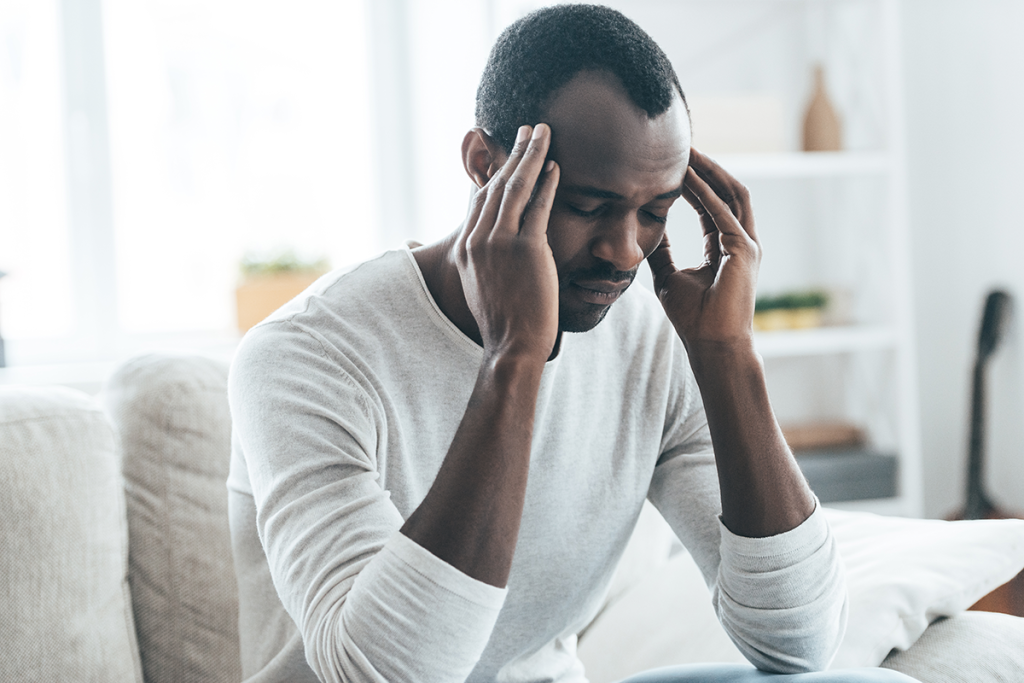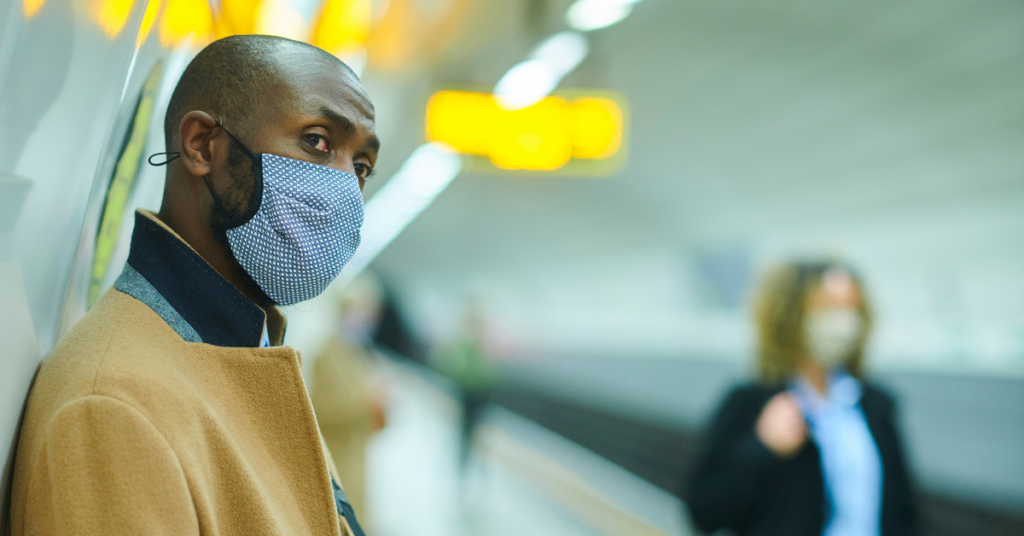Stress may not be tangible, but it is as central to our lives as breathing. Everybody experiences it, both good and bad.
The good stress or eustress is that feeling you get right before you start a new job or embark on a journey to a foreign country.
How Does Stress Work?
Stress is like an alarm system for your body and is activated in the face of a threat, whether that comes in the form of a threatening person or situation. The hypothalamus is stimulated and eventually triggers a surge of hormones, including adrenaline and cortisol.
As the primary stress hormone, cortisol increases glucose in the bloodstream, enhances your brain's use of glucose and increases the availability of substances that repair tissues.
It also changes your immune system responses and suppresses the digestive system, the reproductive system and growth processes.
This natural alarm system also communicates with the brain regions that controls your mood, motivation, and fears.
The bad kind destroys your health and inflicts damage your physical, mental, and even spiritual wellbeing. It can be constantly present, making you feel as if you’re under attack or in fight-or-flight mode.
Stress uniquely impacts people of color, especially black men. Thanks to racial discrimination and environmental factors, African-Americans are exposed to a level of stress that have been linked to chronic illnesses and mental health.
This is especially true since the advent of the Covid-19 pandemic.
|
How Does Stress Work? Stress is like an alarm system for your body and is activated in the face of a threat, whether that comes in the form of a threatening person or situation. The hypothalamus is stimulated and eventually triggers a surge of hormones, including adrenaline and cortisol. As the primary stress hormone, cortisol increases glucose in the bloodstream, enhances your brain’s use of glucose and increases the availability of substances that repair tissues. It also changes your immune system responses and suppresses the digestive system, the reproductive system and growth processes. This natural alarm system also communicates with the brain regions that controls your mood, motivation, and fears. |
As this report notes, stressors like racism and discrimination have made African Americans more prone to coronavirus infection, hospitalization and death.
Here are 4 more surprising and not-so-surprising facts about stress as it pertains to Black men and their families.
For Black People, Racial Discrimination Often Leads to Inflammation and Illness
Black Americans tend to experience greater exposure to discrimination and are at a higher risk of suffering chronic illnesses like heart disease, stroke, and depression. Racism and discrimination can inflict prolonged stress in the recipient, which can trigger inflammation. That inflammation can disrupt the body’s process, leading to those aforementioned conditions and more.
Black Men Are Prone to Work-Related Stress and Increased Mortality
A disproportionate number of Black men work in environments that offer little job satisfaction. Thus, they can suffer increased exposure to work stress, making them more susceptible to illness and putting them at a higher risk of mortality, according to this 2019 report. Why? Black men tend to work in environments that expose them to the stresses of shift work, high demands, insufficient health insurance, longer hours, and job insecurity.
For Black Families, Poverty Causes Stress and Mental Health Conditions
Because Black people tend to face more economic struggles than whites, they are prone to suffering acute distress. For example, African Americans below poverty are two to three times more likely to report serious psychological distress than those who live above poverty, according to the U.S. Department of Health and Human Services Office of Minority Health.
Black Men Can Positively Deal with Stress Through Faith and Family
This 2015 study showed that about 92% of the Black male participants reported stress. Of that number, 60% of them reported financial strain as a source of that stress and 43% cited racism. The good news is that almost all of the participants in this study found support for resiliency to deal with stress through religion and family.












